A few weeks ago, Grand County’s controversial county councilman, Lynn Jackson, was exonerated yet again by County Attorney Andrew Fitzgerald over allegations made by John Weisheit, the executive director of the Moab-based environmental group ‘Living Rivers. Weisheit’s lengthy ethics complaint alleged that Jackson failed to reveal a potential conflict of interest with the potash industry when he was hired by that company as a consultant.
Fitzgerald allowed the case to be reviewed independently and after a six month investigation, he “concluded that Grand County Council member Lynn Jackson did not violate state or county ethics laws, as alleged in a Nov. 4 complaint that argued that Jackson failed to publicly disclose a potential conflict of interest with the potash industry. After a lengthy review of the complaint, Fitzgerald found that Jackson did not knowingly or willfully fail to disclose his relationships with the potash industry.”
It was the third time in three years that Jackson has faced these kinds of accusations. In 2013, Moab Progressive Bill Love “alleged that Jackson failed to disclose his working relationship with Del Fortner Consulting, which has represented American Potash in its dealings with the U.S. Bureau of Land Management (BLM).” He demanded an investigation by the Grand County Attorney, Andrew Fitzgerald. Subsequently, Fitzgerald determined that, “Lynn Jackson has not violated state or county ordinances, and he has acted ethically in the performance of his duties.”
Love was unmoved by the decision and told the Times-Independent “that he plans to keep a close eye on Jackson’s ties with the consultant.”
In 2014, Grand County Council candidate Chris Baird called for another investigation of Jackson; this time the county attorney referred the matter to the Utah Attorney General.
But a month later the T-I reported, “The Utah Attorney General’s Office will not pursue charges in connection with a formal complaint filed against Grand County Council chairman Lynn Jackson….(The director of the office’s justice department, Gregory) Ferbrache noted in the letter that two supervising prosecutors agreed ‘independently and collaboratively’ with the findings of the special agent who conducted the investigation…”
Almost concurrently, a recall petition was initiated to have Jackson removed from office. But the movement didn’t obtain the required number of signatures by the stated deadline and the effort failed.
And finally, the most recent complaint, filed by Weisheit last November 4. When County Attorney Fitzgerald exonerated Jackson, Weisheit expressed his displeasure with the decision and he made a public statement to the local media,
He expressed disappointment that Fitzgerald is “unwilling to take a strong stance for professional
standards of conduct and strong ethics for the benefit of Grand County residents.”
“The fact is,” Weisheit continued, “Jackson has been a paid consultant for the potash industry while repeatedly failing to make simple public disclosures of the nature of his interests prior to important votes that impacted and potentially furthered the interests of his clients… Mr. Fitzgerald’s flaccid finding that requiring simple disclosures would prevent effective leadership in Grand County is outrageous.”
Weisheit continued, “This is about good government and simple disclosures. The public deserves a strong ethical policy requiring regular disclosures of potential or actual conflicts where the elected or appointed official is paid to promote or otherwise financially benefits from furthering the interests of a particular business or industry with matters under consideration before the public body.”
Finally he wrote, “I call on Lynn Jackson and all of our elected and appointed officers to follow through on the County Attorney’s ‘best practices’ recommendation and immediately disclose the full amounts of compensation from clients, the nature of the work, and the time periods of all contracts while serving the community.” (emphasis added)
Technically, Weisheit was talking about county officials, but it’s difficult to imagine any principled person splitting hairs and arguing that his admonition for transparency should not apply to municipal officials as well. Transparency in government at ALL levels, is a worthy aspiration that we all hope for. Recent events at Moab City Hall make that point quite succinctly.
Consequently, his demand for full disclosure creates an interesting transparency conundrum for Weisheit and a non-profit organization in Moab called the Canyonlands Watershed Council. John sits on the 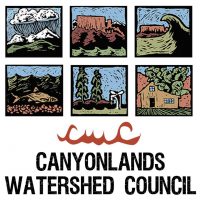 organization’s board of directors. Its paid executive director position had been vacant since its last occupant, Chris Baird, resigned to run for county council in 2014. This spring CWC hired a new executive director, City Councilwoman Heila Ershadi.In its mission statement CWC says it, “promotes and protects the health of southeastern Utah water and watersheds.” But the organization expresses a political position as well. For example, CWC’s previous director Chris Baird used his position to oppose aspects of the ongoing Public Lands Initiative, but not with regard to watersheds. Rather, his objections were re: mountain bike trails.
organization’s board of directors. Its paid executive director position had been vacant since its last occupant, Chris Baird, resigned to run for county council in 2014. This spring CWC hired a new executive director, City Councilwoman Heila Ershadi.In its mission statement CWC says it, “promotes and protects the health of southeastern Utah water and watersheds.” But the organization expresses a political position as well. For example, CWC’s previous director Chris Baird used his position to oppose aspects of the ongoing Public Lands Initiative, but not with regard to watersheds. Rather, his objections were re: mountain bike trails.
The Times-Independent reported:
“The Grand County Council’s chairman is vowing to fine-tune a study committee’s recommendations for new wilderness, after a nonprofit group reported that all three proposals would close two popular trails to mountain bikers….Canyonlands Watershed Council Executive Director Chris Baird informed local residents this week that the proposals, as written, would eliminate bicycle access through the lower sections of the famed Porcupine Rim Trail. Mountain bikers would also be barred from the Hidden Valley Trail, Baird said during a May 5 meeting regarding the county study committee’s alternatives for long-term public land-use designations.”
On its facebook page, CWC also advocated for opposition to the proposed tar sands development in the Book Cliffs, posting information from ‘Utah Tar Sands Resistance,’ and has offered critical commentary on other environmental issues.
Now please note, I have no problem with organizations like CWC expressing opinions on issues they believe are important and feel obligated to express. That is their job. BUT when that group is administered by an elected public official, then absolute transparency is vital. It doesn’t matter how much or how little compensation the official receives, and in this case, at this time, it’s probably not much. But it still should be accessible and, perhaps more vital, should indicate who pays the bills.
And so I contacted the new director, Heila Ershadi, by email. First, I explained that
for a year, I had been unable to secure any new financial information about CWC, via the popular web site ‘Guidestar.org.’
Guidestar provides financial information for virtually all non-profits. After almost a decade examining Form 990s from many non-profits (the form required for all 501 (c) 3 organizations), for the first time I could not find a document—CWC’s financials for 2014. I asked Ershadi for that information. And in keeping with Weisheit’s admonition about more transparency, I also requested contributor data–who and how much.
With regard to Guidestar.org, Ershadi wrote, “I want to be sure you understand that this is not a requirement.” And because CWC had been inactive since Baird’s departure, CWC’s recent revenues had fallen under $50,000. Consequently, they met the requirements of an IRS loophole which allows such non-profits to file a Form 990-N–an ePostcard—that provides virtually no information that couldn’t be found on the web site. The IRS makes it clear that such organizations are free to file more detailed reports if they choose to be more transparent.
Ershadi also refused to provide a donor list, though her predecessor had given us a list in 2014. At the time, Chris Baird informed us that billionaire David
Bonderman, local philanthropist Jennifer Spears, Moab progressive activist and Castle Valley Mayor David Erley, the Grand Canyon Trust’s Mary O’Brien, and Living Rivers’ John Weisheit had all made significant contributions to CWC. And he suggested that a lion’s share of the funding came from venture capitalist Bonderman. This week, Chris Baird notified The Zephyr that billionaire Bonderman had contributed $15,000 to CWC in 2013. Baird wrote, “I did whatever I deemed important with those funds and never felt like Bonderman extended any influence at all over CWC.”
However, in 2016, under the leadership of new director Ershadi, other than a $7,000 grant from “Climate Solutions University,” she was unwilling to disclose any contributors, past or present. (“Climate Solutions University” is funded mainly by the Kresge Foundation, which was endowed by the founder of S.S. Kresge/K-Mart and has assets of $3,666,563,884). Ershadi wrote, “it is not CWC policy to provide the name or contact information for its donors without express permission as this betrays the donors’ expectation to a right to privacy and is not required.” At the same time, Ershadi insisted, “I strongly support transparency.”
(An internet search did reveal a $2000 contribution in 2014 from Moab activist Darcey Brown.)
In my reply to Ershadi, I noted several issues…
RE: CWC’s failure to submit information to Guidestar, you wrote, “I want to be sure you understand that this is not a requirement.” True, but if you “strongly believe in transparency,” why would you want to make it more difficult for citizens to access your organization’s tax information?
So, for example, when Moab citizens want to know how their elected officials stand on various public land issues, it would be in their best interests to know that your organization has been supported in the past, either directly or indirectly, by environmental organizations that wield considerable power and influence in southeast Utah.
In an October 2014 facebook comment, even you acknowledged “the hypocrisy that often exists in the alliance between the tourist economy promoters and environmentalists, and in Big Green generally.” So, knowing that you have personally acknowledged the contradictions inherent in Big Green, I hope that you will heed Weisheit’s suggestion and allow the citizens of Moab and Grand County a more transparent view of CWC’s financial base of support for the past five years (as was originally requested).
I let Ms. Ershadi know we’d regard her reply to be ‘on the record,’ and we never heard from her again.
* * *
People and organizations who support full disclosure and complete transparency by our public officials must be consistent. They cannot pick and choose when and how to be transparent. When Progressives only question the accuracy and honesty of Conservatives, or conversely, when Conservatives only cast suspicious eyes at their political opponents, then credibility dies where it stands. It does nothing to improve or enhance our trust in government or in each other.
Accountability and transparency have to be based on the facts and ultimately on the truth, not on partisan presumptions. Even worse the demand for transparency can’t merely be a weapon to ‘get’ your adversary. To be sure, the accuser should prepare to be just as transparent as he expects of the accused. Transparency isn’t a one-way street.
Jim Stiles is Founder and Co-Publisher of the Canyon Country Zephyr.
o read the PDF version of this article, click here.


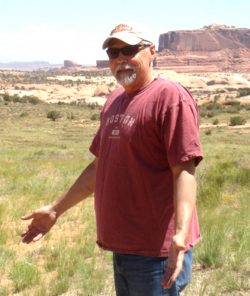
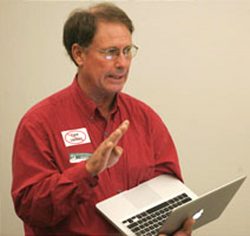
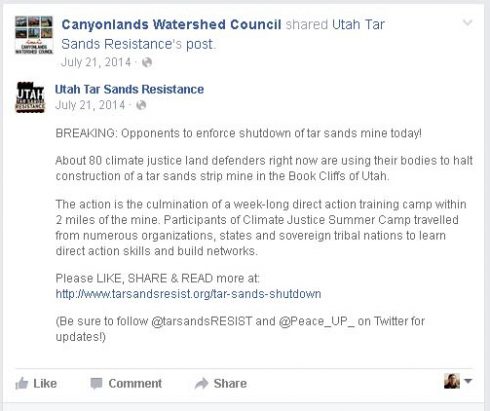
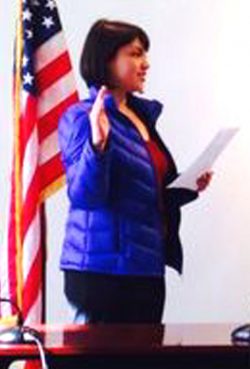
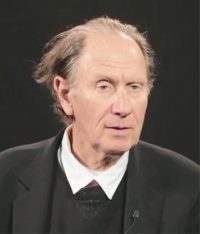
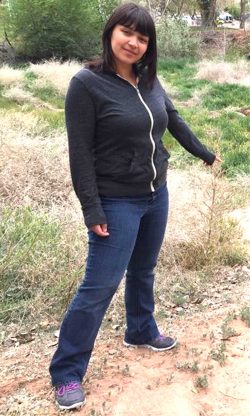
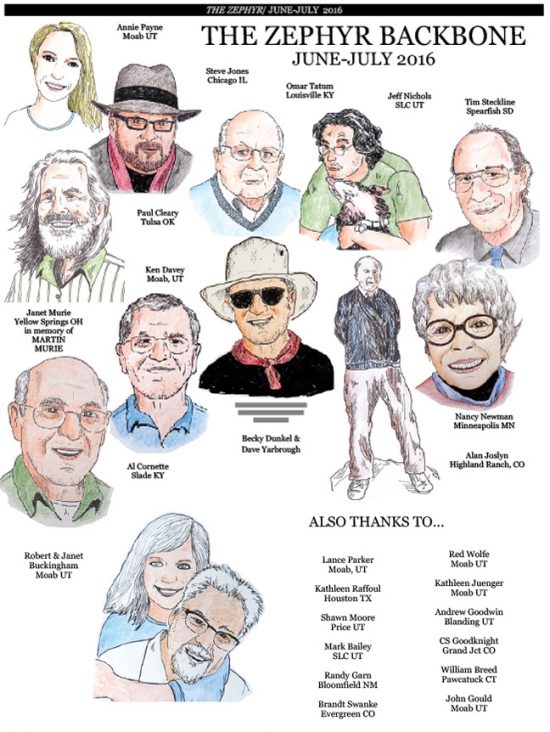

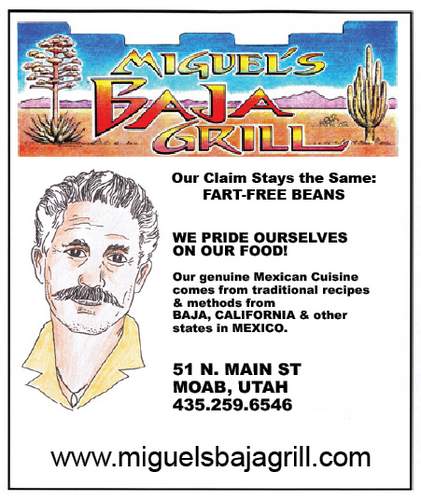
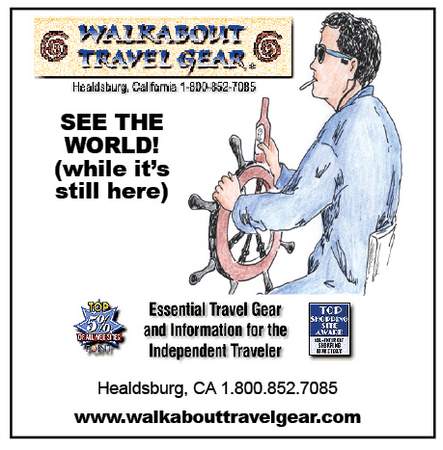


Transparency in government is important for all citizens to know what the official may be receiving in compensation past or present. Non disclosure of income only casts suspicion upon the motives of that elected official. Mr. Stiles has made an excellent point in asking those persons calling for transparency to be up front and honest. Otherwise it is just the pot calling the kettle black.
Two thumbs up Stiles!!!
Double standards for all!
Good article.